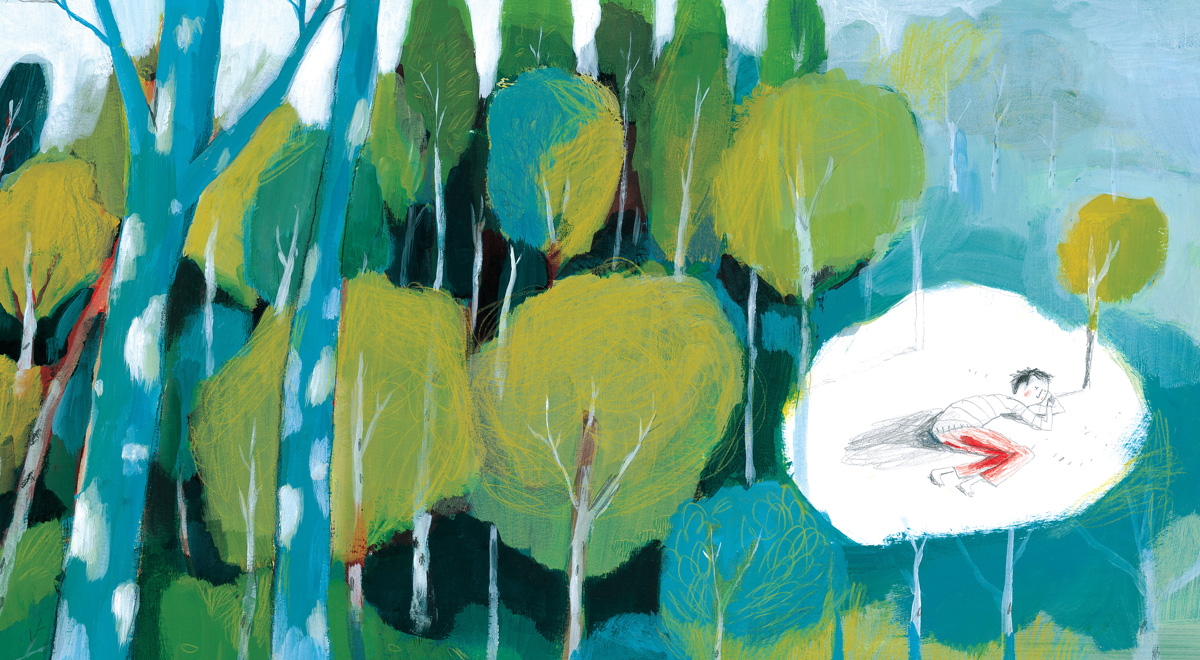The Art of Lying Fallow: Psychoanalyst Masud Khan on the Existential Salve for the Age of Cultish Productivity and Compulsive Distraction 
Each month, I spend hundreds of hours and thousands of dollars keeping The Marginalian going. For seventeen years, it has remained free and ad-free and alive thanks to patronage from readers. I have no staff, no interns, not even an assistant — a thoroughly one-woman labor of love that is also my life and my livelihood. If this labor has made your own life more livable in the past year (or the past decade), please consider aiding its sustenance with a one-time or loyal donation. Your support makes all the difference.I suspect our ability to ask the unanswerable questions that Hannah Arendt knew are the heartbeat of civilization is intimately related to our capacity for dwelling in a particular state of being beyond the realm of our compulsive doing. Bertrand Russell called it “fruitful monotony.” Adam Phillips called it “fertile solitude.” Walt Whitman called it “loafing.” The Buddhist tradition describes it simply as presence. Whatever we may call it, amid a culture of filling the existential void with cultish productivity and an endless stream of dopamine-laced distractions, it is nothing less than a countercultural act of courage and resistance to enact such states of being — states in which our inner voice becomes audible, the voice with which we sing the song of our lives. The Pakistani-British psychoanalyst Masud Khan (July 21, 1924–June 7, 1989) calls this mode of being “lying fallow” and unfurls its psychological tendrils in a short, brightly penetrating essay included in his 1983 collection Hidden Selves (public library).
Continued here

